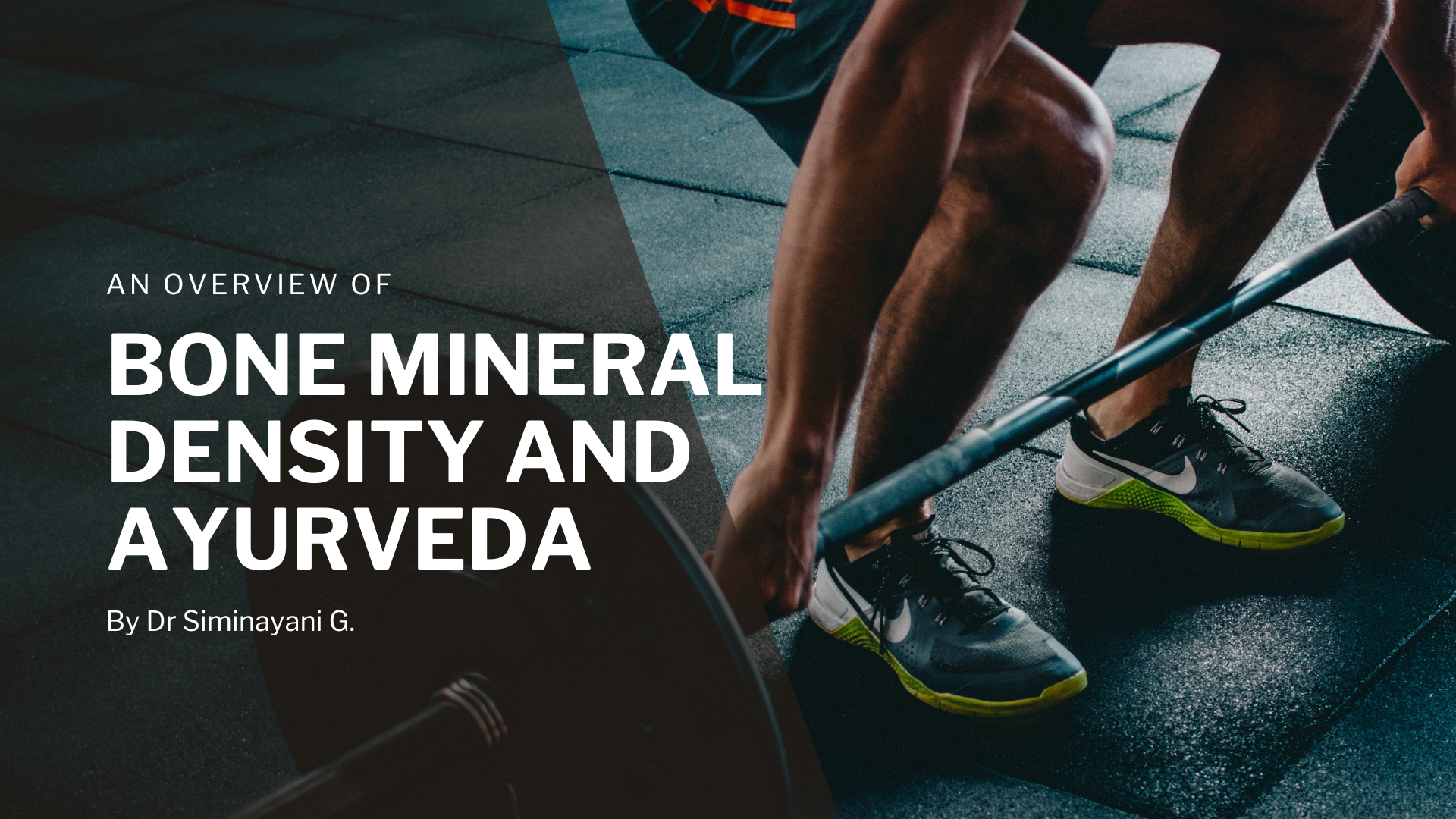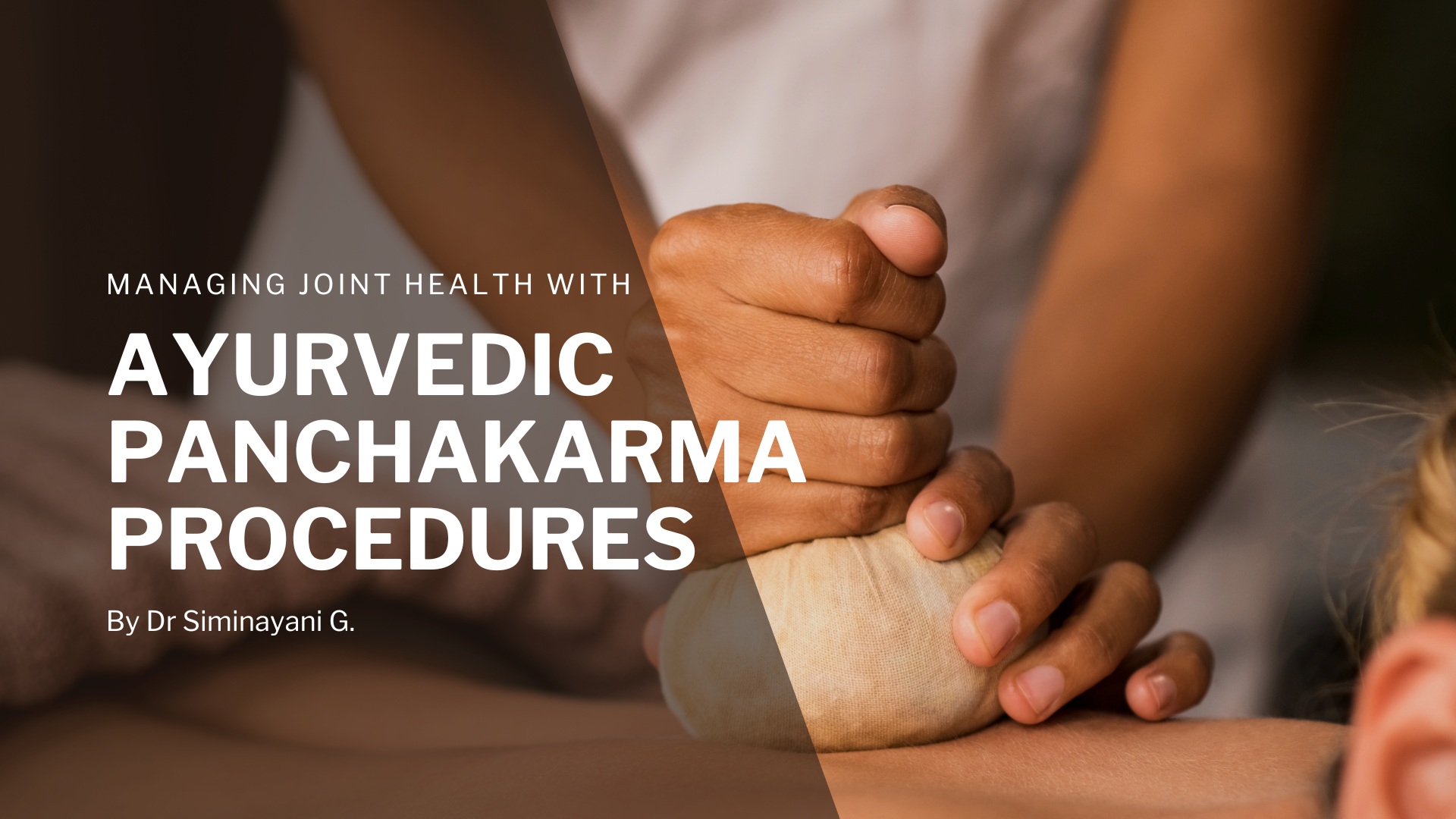What is Bone Mineral Density (BMD)?
Bone mineral density, also referred to as bone mass, measures the amount of calcium and other minerals packed within your bones. Denser bones, containing more minerals, are naturally stronger and less prone to fractures or breakdown. Losing bone density can weaken bones and, in some cases, lead to osteoporosis.
What Causes Decreased Bone Mass?
Your body constantly breaks down old bone and replaces it with new bone to maintain bone strength. However, when this breakdown outpaces new bone formation, bone density loss occurs. Numerous factors can contribute to this, including:- Endocrine disorders
- Rheumatoid arthritis
- Certain medications (corticosteroids, proton pump inhibitors)
- Long-term use of alcohol or tobacco
- Physical inactivity
- Prolonged bed rest
The Ayurvedic Perspective on Bone Loss
Ayurveda views the body's tissues as "Dhatus," with bone tissue being called "Asthi Dhatu" and joints known as "Sandhis." According to Ayurvedic principles, Vata Dosha, one of the three mind-body energies, has an inverse relationship with Asthi Dhatu. As we age and experience wear and tear, Vata Dosha is said to increase. Therefore, regulating Vata Dosha is crucial for protecting bone health.
Vata is associated with qualities like dryness (Ruksha) and coldness (Sheeta). When Vata increases in the body due to diet, daily activities, or age, it can lead to decreased lubrication between joints. This, in turn, can damage joint capsules, destroy cartilage, and cause inflammation, resulting in pain and swelling.
What are the functions of macronutrients and micronutrients for the maintenance of bone mass?
Nutrient |
Description |
|
Calcium |
Nicknamed the "bone builder," calcium is crucial for bone health. 99% of the body's calcium resides in bones and teeth, providing structure and strength. It also helps muscles contract properly, including those supporting joints, and transmits signals between nerve cells for smooth joint movement. |
|
Zinc |
This micronutrient plays a significant role in bone health, including normal development, maintenance (homeostasis), and repair (regeneration). A component of bone tissue, zinc is involved in collagen synthesis, bone mineralization, and turnover. It also benefits bone health by positively affecting the function of chondrocytes (cartilage cells) and osteoblasts (bone-building cells) while inhibiting the activity of osteoclasts (bone-degrading cells). |
|
Iron |
Iron is necessary for the growth, differentiation (specialization), and proliferation (multiplication) of bone cells, especially osteoblasts and osteoclasts. It also aids in:
|
|
Magnesium |
This mineral plays a critical role in activating vitamin D in the body. By converting vitamin D to its active form, magnesium is essential for calcium absorption and overall bone health. It also supports muscle and nerve function, indirectly contributing to joint health. |
|
Vitamin D |
Often called the "sunshine vitamin," vitamin D is vital for bone health. It helps your body absorb calcium from your diet, making it essential for strong bones. Here's how it works:
|
|
Protein |
A higher protein diet offers several benefits for bone health:
|
What measures can be taken to enhance the bone mass?
Maximizing peak bone mass can be achieved through pharmacological means like:
- Medications
- Calcium supplements
- Bisphosphonates
- Vitamin D
- Hormone replacement therapy (estrogen, progesterone, calcitonin)
How can Ayurveda help when there is reduced bone mineral density?
Ayurvedic medicine takes a holistic approach to bone health, emphasizing the importance of a balanced diet, exercise, and mindfulness for maintaining strong and healthy bones. Several natural remedies come into play, including:
- Natural herbs
- Panchakarma procedures (Ayurvedic detoxification and rejuvenation therapies)
- Weight-bearing exercises
- Yoga
- Lifestyle changes
This multi-pronged approach offered by Ayurveda can effectively support strong and healthy bones.


